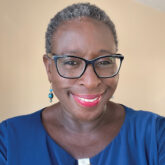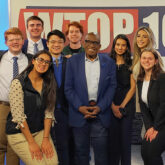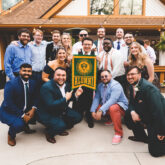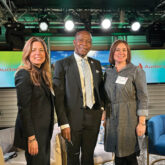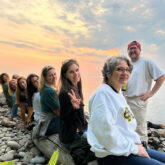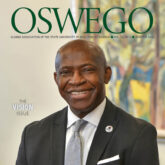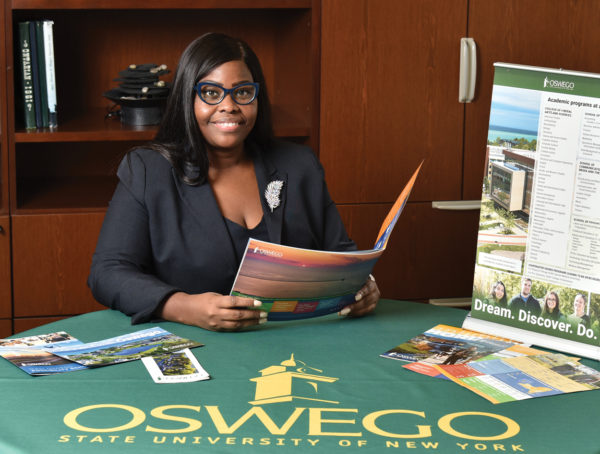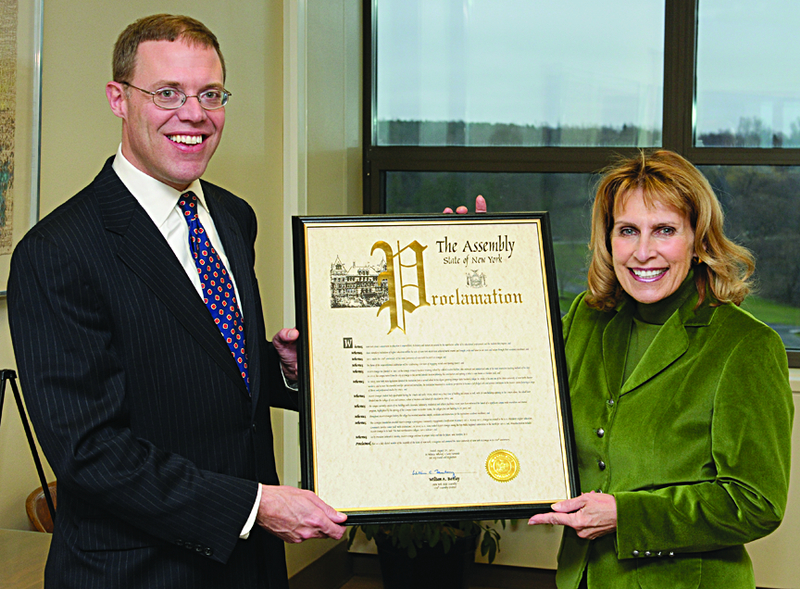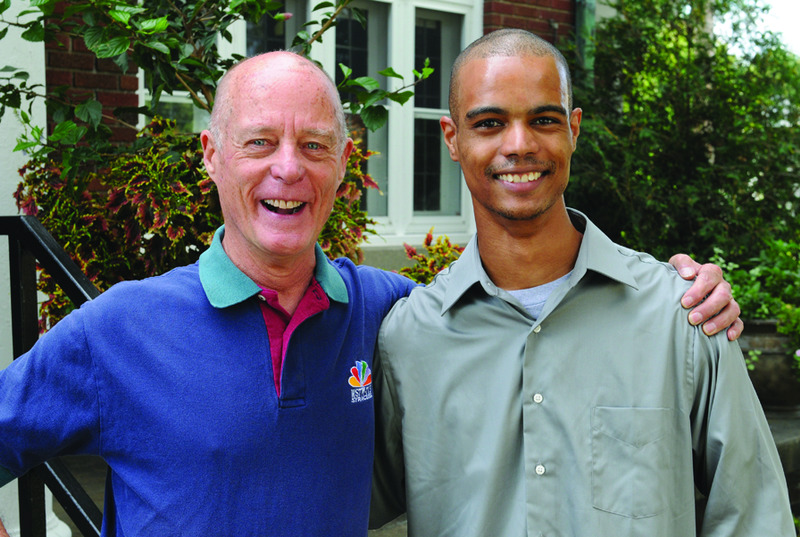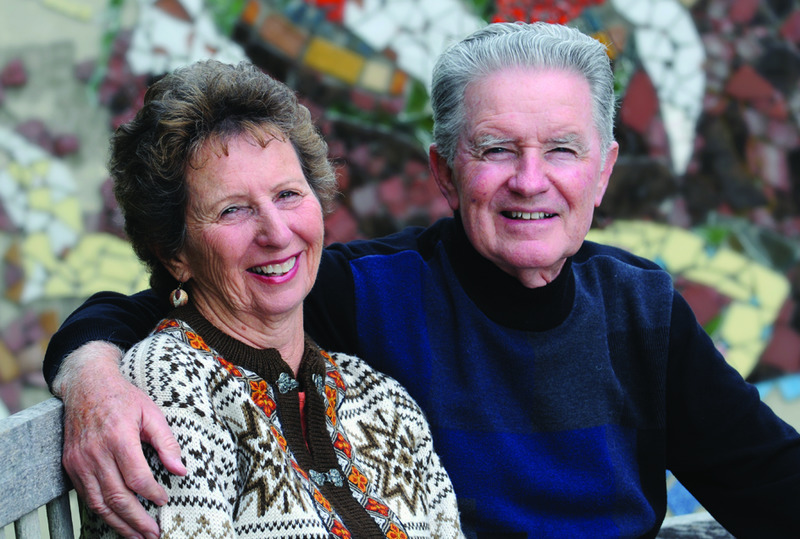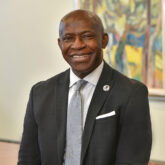Millions of children are able to reach their full potential, thanks to work by one Oswego alumna. Elizabeth Farrell 1895 pioneered the field of special education in America.

Elizabeth Farrell 1895 pioneered special education.
After graduation from Oswego, Farrell taught in a one-room schoolhouse at Oneida Castle. When she took a job in New York City, she formed the first ungraded class, devoted to helping students she described in her writings as “over-age children, so-called naughty children, and the dull and stupid children.* They were taken from any and every school grade. The ages ranged from eight to sixteen years. They were the children who could not get along in school.”
Classes modeled on Farrell’s spread throughout New York City and in 1906 she was appointed the Inspector of Ungraded Classes for the city, a newly created position.
A plaque discovered in Penfield Library dates to her death in 1932 and honors Farrell “who gave her life that the least might live as abundantly as their handicaps permitted.
“Beginning with a little group of boys in the Lower East Side of Manhattan, she became the tutelary of the ungraded classes for all of New York, deeming no child too atypical to be neglected,” reads the plaque.
Farrell pioneered the notion of special classes, not special schools, with the goal of returning the children to regular classes. She advocated for placement in special classes be based on the special needs of children, rather than IQ scores. She believed that schools should not exclude children, and that schools, hospitals, immigration services and the criminal justice system should work together to identify and help the special needs children.
In her insistence on treating each child as an individual, she echoes the philosophy of Edward Austin Sheldon.
Farrell would go on to lecture at Teachers College of Columbia University and New York University, and to found and edit the journal Ungraded. She founded the Council for Exceptional Children, which still serves educators of special needs children today.
Her influence extended all the way back to her alma mater, when Oswego established the Department of Special Training in 1916 to prepare special education teachers.
* Ed. note: The language Farrell used in her writing was typical of her day when describing children with special needs. It is repeated here only as historical record and does not reflect the views of SUNY Oswego or this magazine.
You might also like
More from Fall/Winter 2011
Upcoming Events
Jan. 1 Nominations due for alumni awards* Jan. 1 Nominations due for Athletic Hall of Fame* Jan. 4 New York City Career Connections* March …
Young Veteran Aims to Pass on Help He Received
He started his adult life homeless, and entered the Army to get a roof over his head. But when U.S. …
Former Professors Endow Scholarships in Music, Wellness
During their long careers at SUNY Oswego, Hugh and Grace Mowatt Burritt helped thousands of students reach their full potential. …

